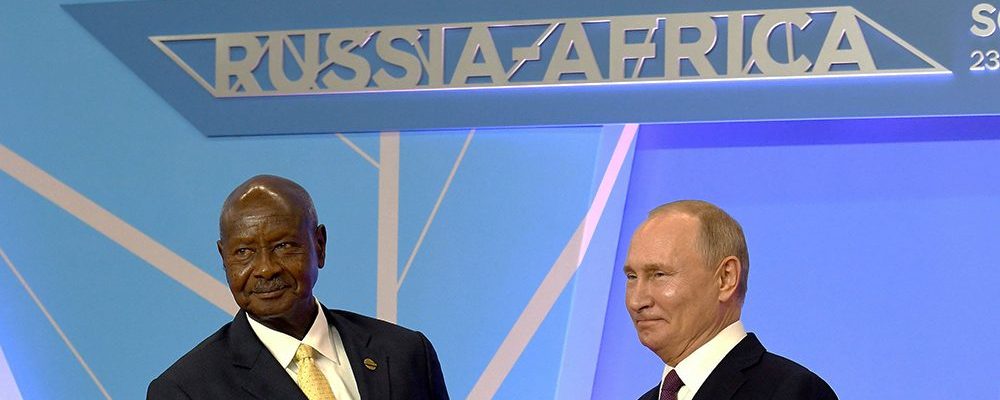
Russia has arguably expanded its influence in Africa in recent years more than any other external actor. These engagements extend from deepening ties in North Africa, expanding its reach in the Central African Republic and the Sahel, and rekindling Cold War ties in southern Africa. Russia’s approach is distinctive among external actors in that Moscow typically relies on irregular (and frequently extralegal) means to expand its influence—deployment of mercenaries, disinformation, election interference, support for coups, and arms for resources deals, among others. This low-cost, high influence strategy seeks to advance a very different world order than the rules-based, democratic political systems to which most Africans aspire. The outcomes from Russia’s interventions in Africa, therefore, will have far reaching implications for governance norms and security on the continent. Following are a series of Africa Center analyses of Russia’s engagements in Africa.
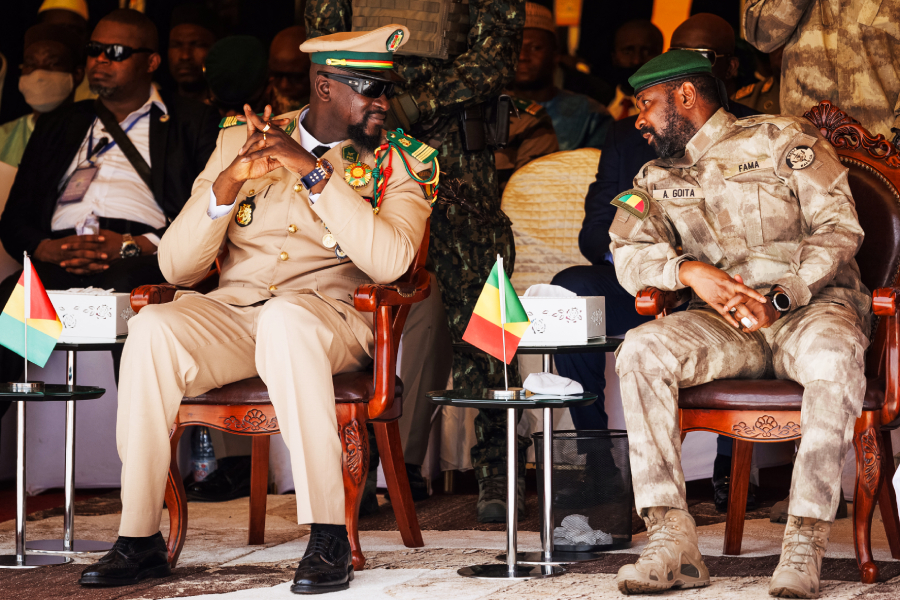
Spotlight
Accommodating Africa’s Juntas Amplifies Insecurity
In addition to undermining democracy, accommodating Africa’s military coups will exacerbate security, economic, and humanitarian concerns.
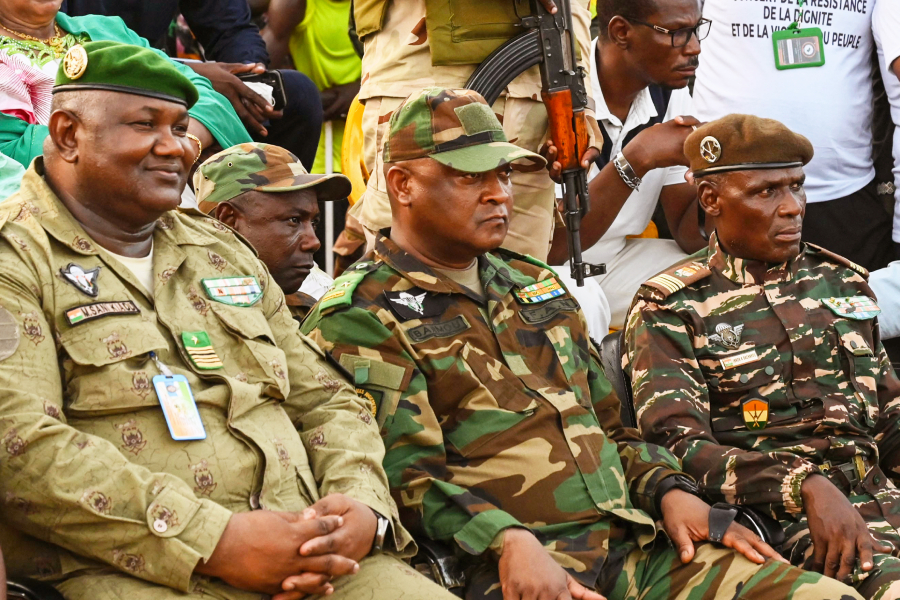
Infographic
Niger Coup Reversing Hard-Earned Gains
After noteworthy gains in the previous decade under democratically elected governments, the derailing of Niger’s constitutional order by the military coup in July 2023 has resulted in a deterioration in security, economic wellbeing, and agency for Nigerien citizens.
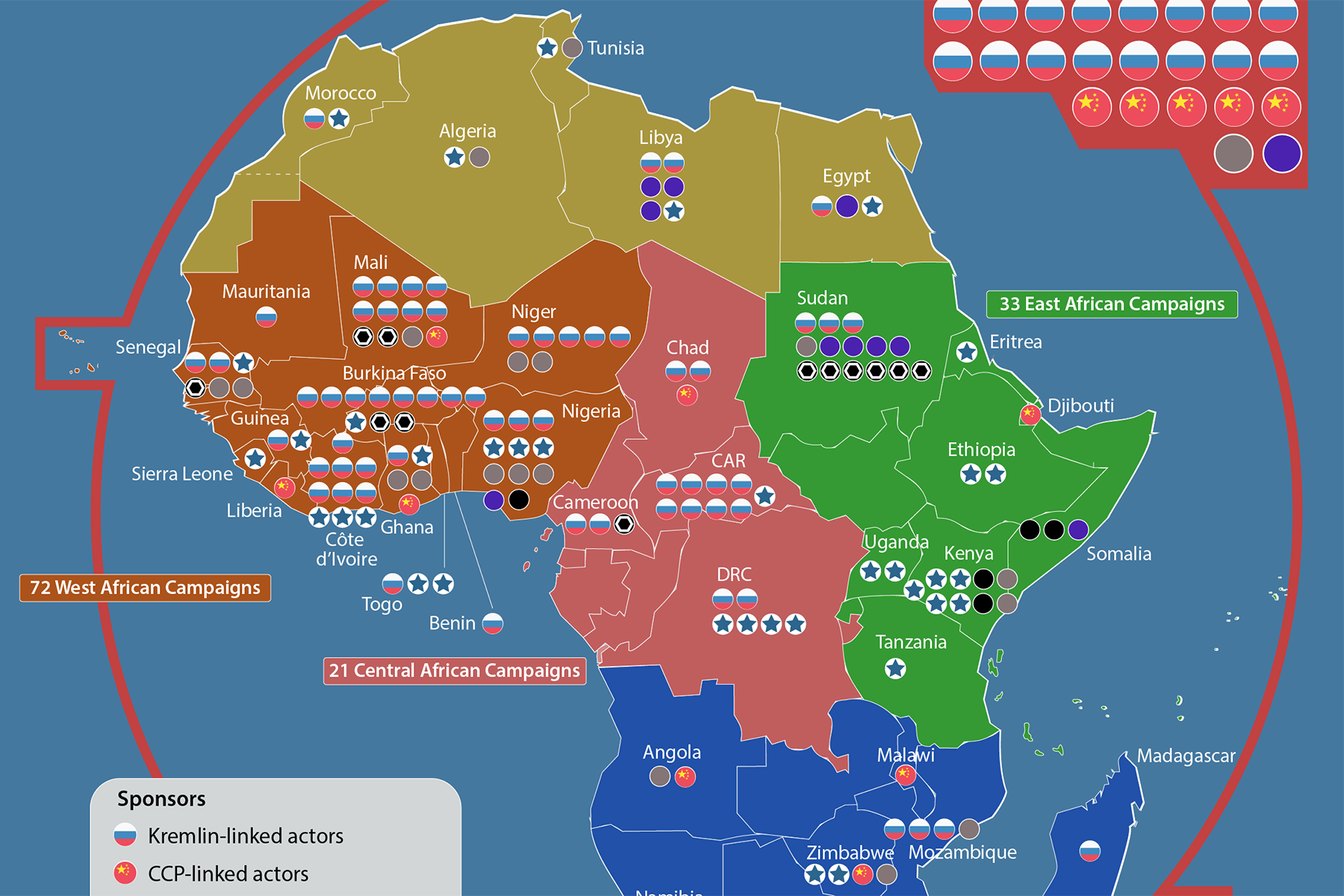
Infographic
Mapping a Surge of Disinformation in Africa
Disinformation campaigns seeking to manipulate African information systems have surged nearly fourfold since 2022, triggering destabilizing and antidemocratic consequences.
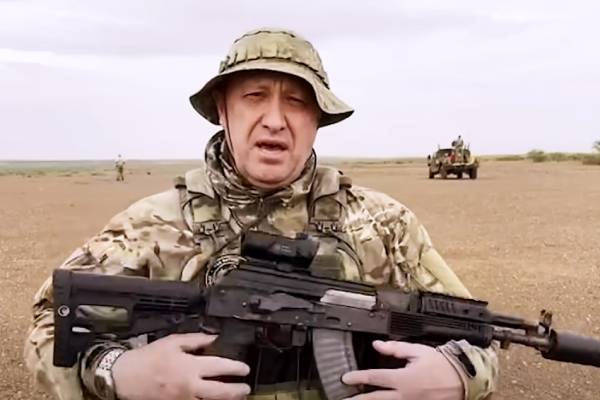
Spotlight
Inflection Point for Africa–Russia Relations after Prigozhin’s Death
By taking over the operations of the Wagner Group after the death of Yevgeny Prigozhin, Russia loses the plausible deniability of Wagner’s irregular and illegal actions central to expanding Russian influence.
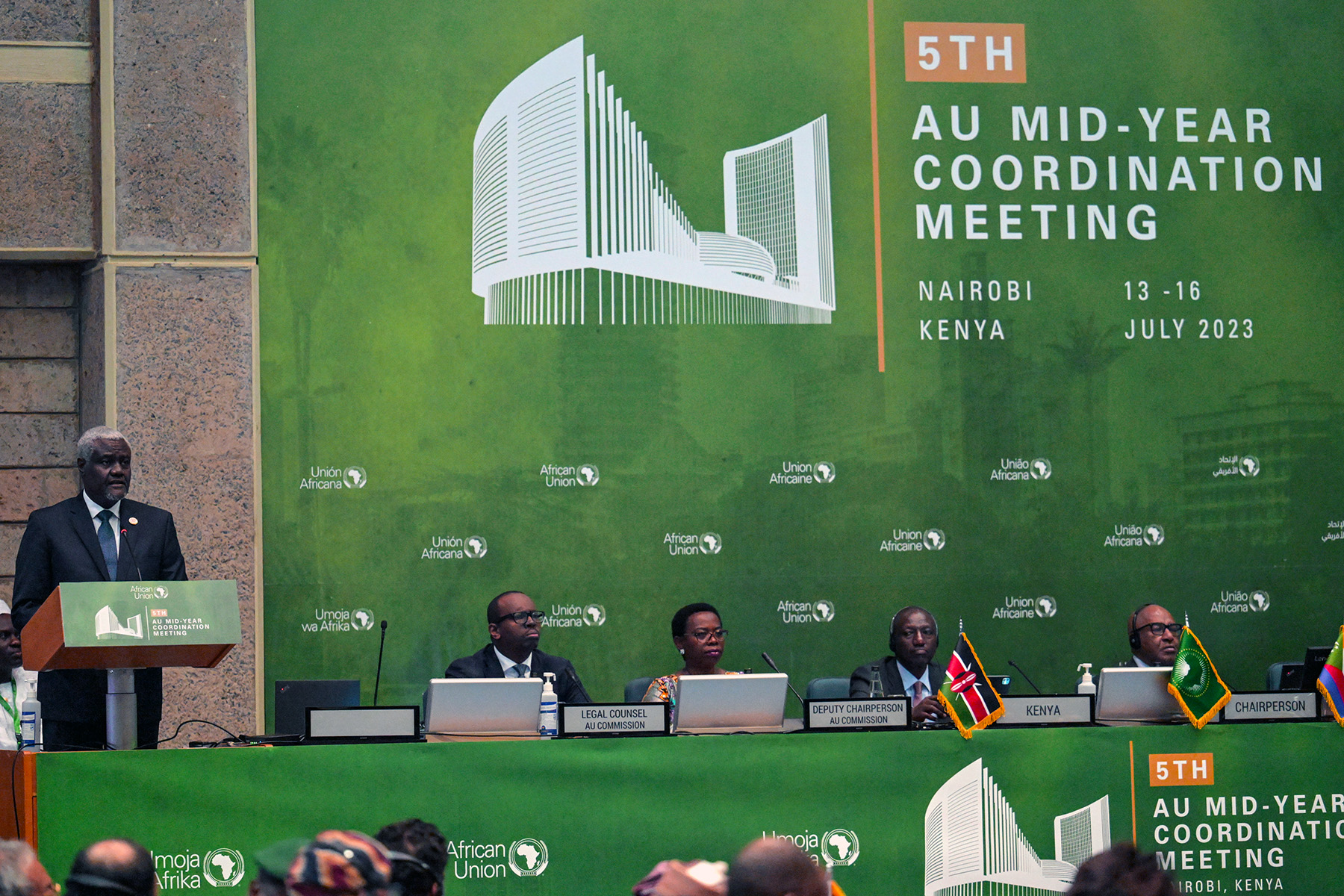
Spotlight
Africa’s Interests in Strengthening the United Nations System
African countries have played an overlooked role shaping the UN international system, remain committed to preserving and improving it, and oppose efforts to destabilize, dismantle, or overturn it.
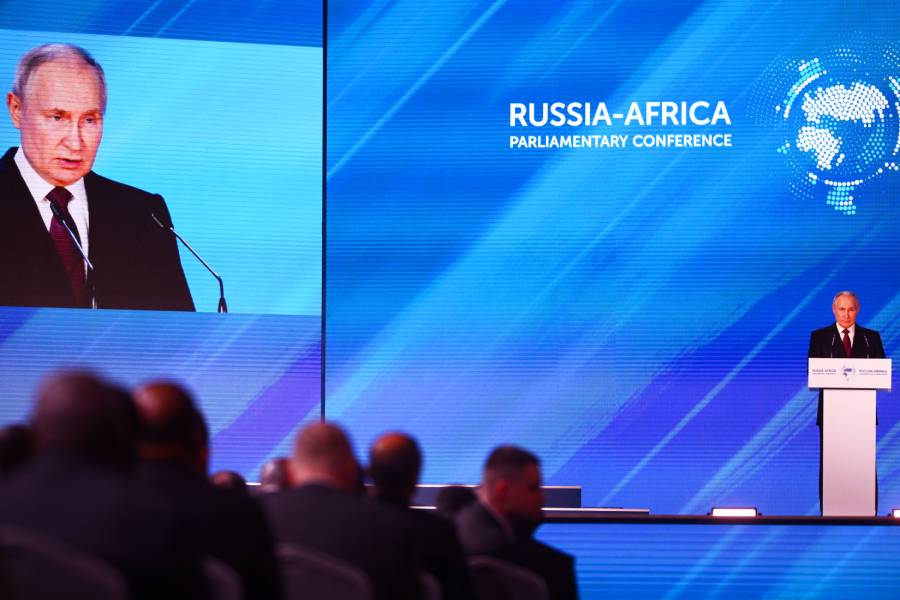
Spotlight
Using Africa as a Stage at the Russia–Africa Summit
The Russia-Africa Summit provides a stage for Russia to elevate its geostrategic posture despite the instability its irregular tactics are creating in Africa.
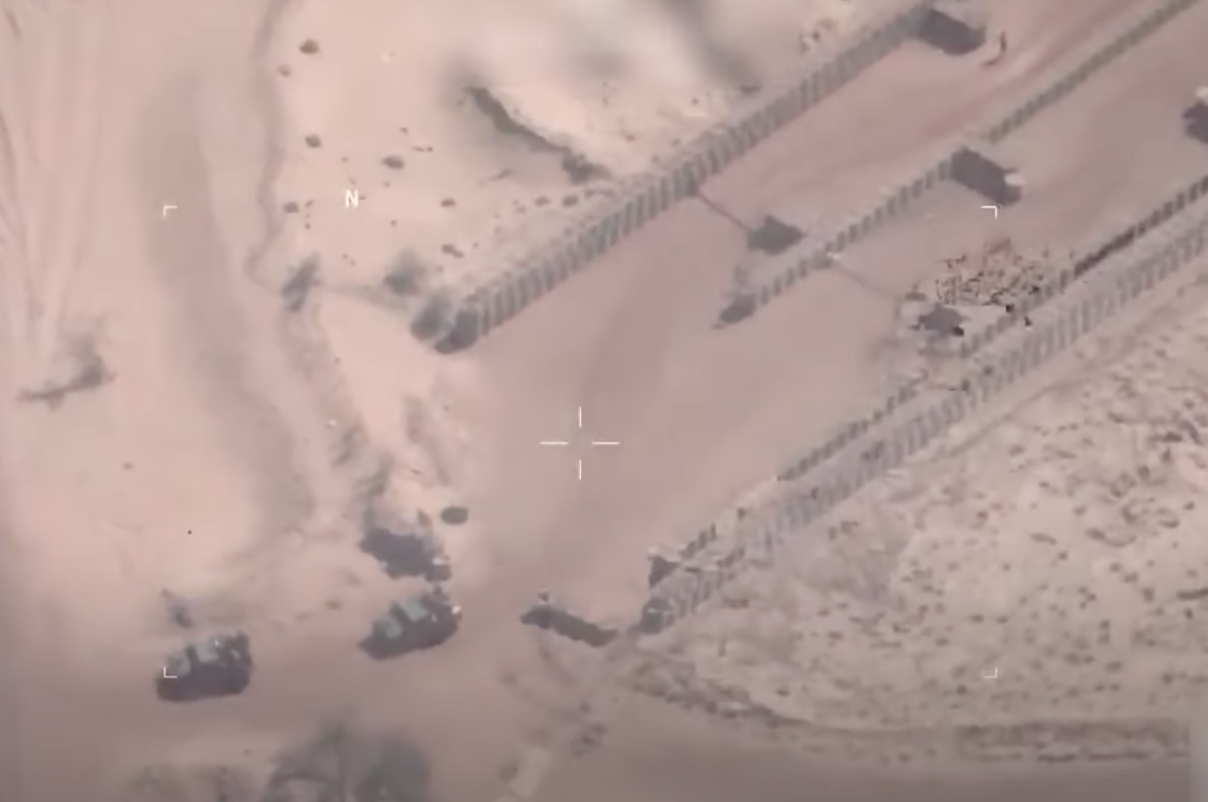
Interview
It’s Business as Usual for Wagner Group in Africa, despite Russian Turbulence
In the wake of the recent short-lived mutiny, Putin faces a dilemma: He can allow the Wagner escapades to continue in Africa unhindered—thereby generating further influence and some resources for the government—or he can attempt to take over these operations but lose the influence and benefits Wagner brings the Kremlin.
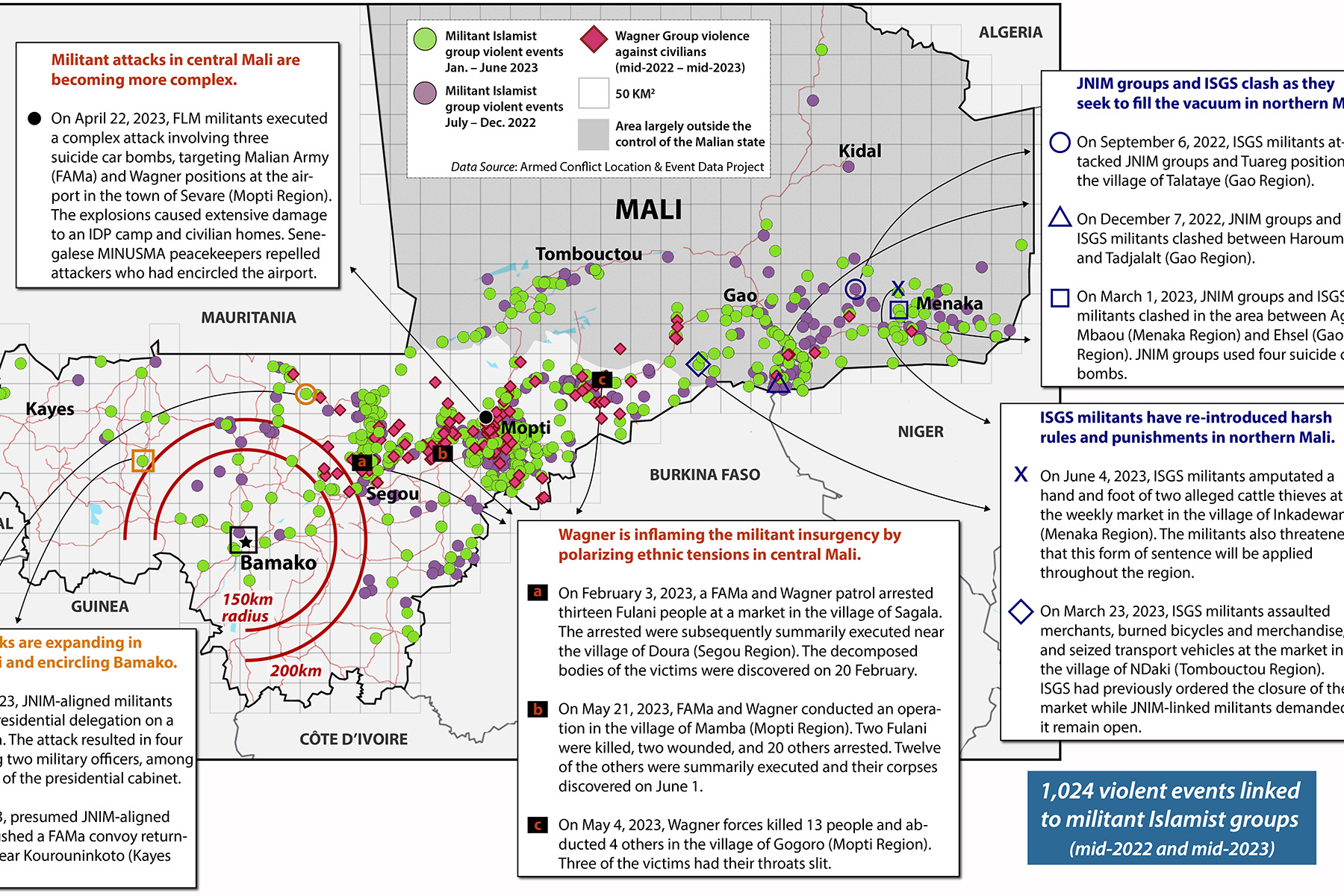
Infographic
Mali Catastrophe Accelerating under Junta Rule
The threat of militant Islamist groups is spreading to all parts of Mali as the military junta stakes its claim to stay in power indefinitely.
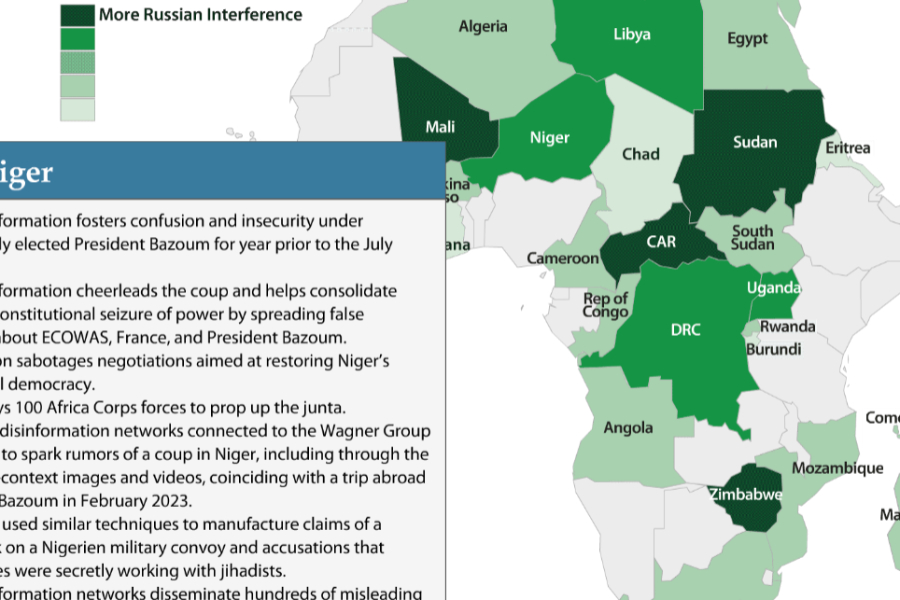
Infographic
Tracking Russian Interference to Derail Democracy in Africa
Systematic efforts by Russia to undercut democracy in Africa have inhibited democratic development in two dozen African countries.
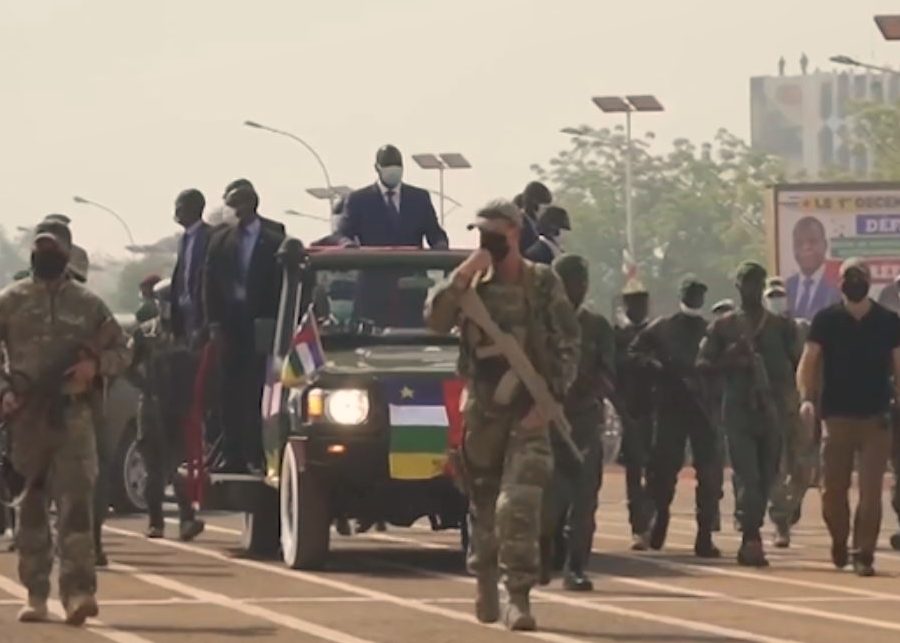
Spotlight
Intervening to Undermine Democracy in Africa: Russia’s Playbook for Influence
Russia has systematically sought to undercut democracy in Africa, both to normalize authoritarianism as well as to create an entry point for Russian influence.

Expert Publication
Disinformation Drilling into Africa’s Information Ecosystems
Rapidly shifting information pathways have created vulnerabilities that foreign powers—led by Russia, China, and the Gulf States—have aggressively exploited.
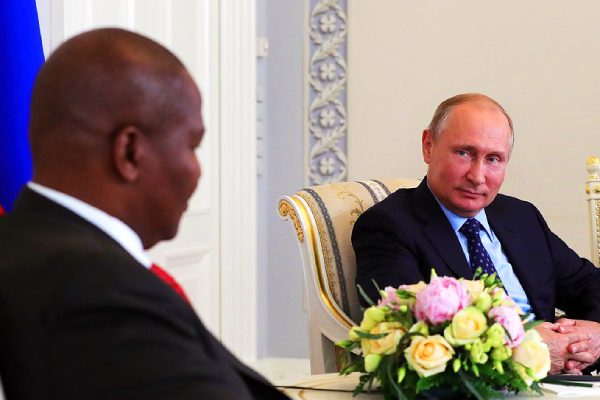
Expert Publication
The Creeping Loss of African Sovereignty
Unaccountable regimes in Africa are highly vulnerable to exploitation by external authoritarian actors—at a heavy cost to citizen sovereignty.
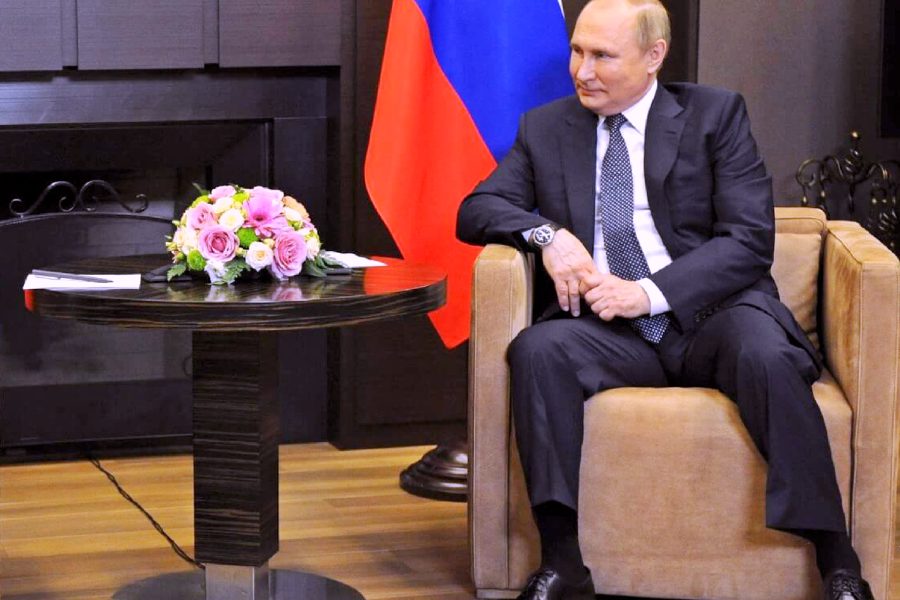
Spotlight
Decoding Russia’s Economic Engagements in Africa
While Russia has little to offer Africa economically, the political incentives for Moscow to engage on the continent have only grown stronger following its invasion of Ukraine.
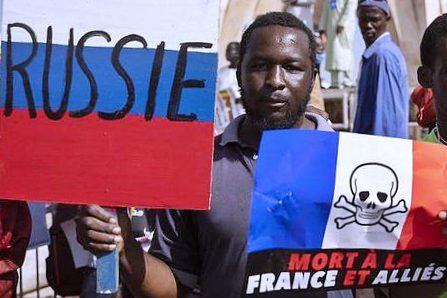
Expert Publication
The Disruptor—A Recent History of Russia in Africa
With few enduring ties on the continent, the strategy that Vladimir Putin settled on early for Africa was to be a disruptor—in line with his vision of a multipolar international system. Russia's focus would be anti-Western, anti-democratic, counter–colored revolutions, and, over time, anti-UN.
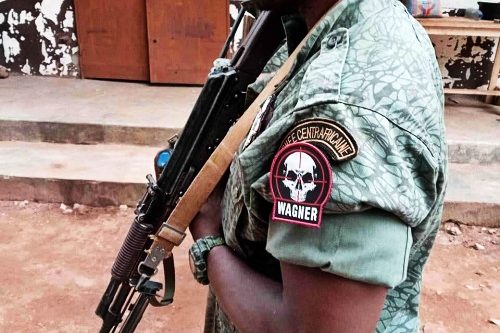
Testimony
Russia’s Use of Private Military Contractors
Russia has deployed the shadowy paramilitary outfit, the Wagner Group, in at least a half dozen African countries in recent years, leaving a wake of instability for the citizens of the host country and the further retrenchment of illiberal actors.
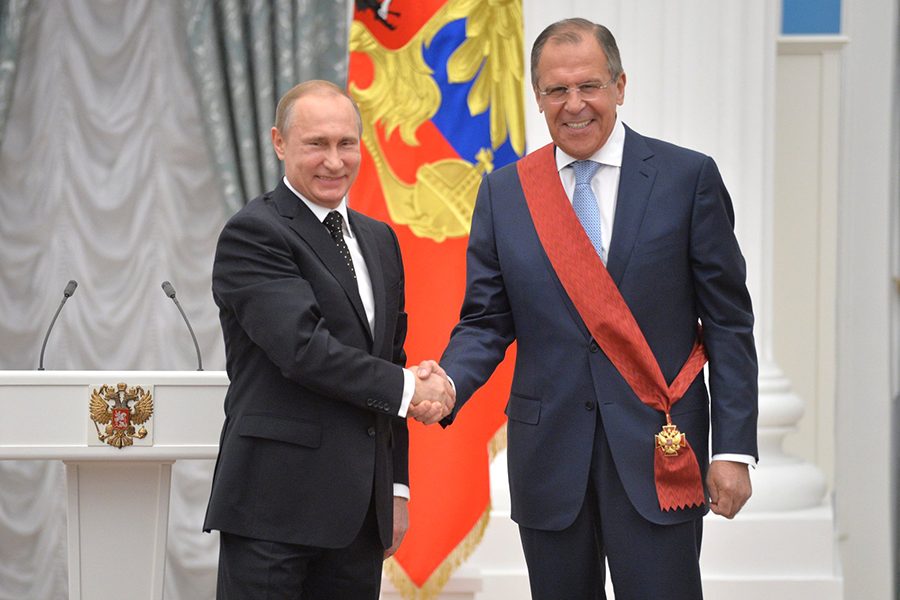
Spotlight
Why Russia is on a Charm Offensive in Africa
Moscow is trying to gain influence in Africa without investing in it, a strategy that can only gain traction if certain African leaders see Russia as a means to validate their own hold on power regardless of popular will.
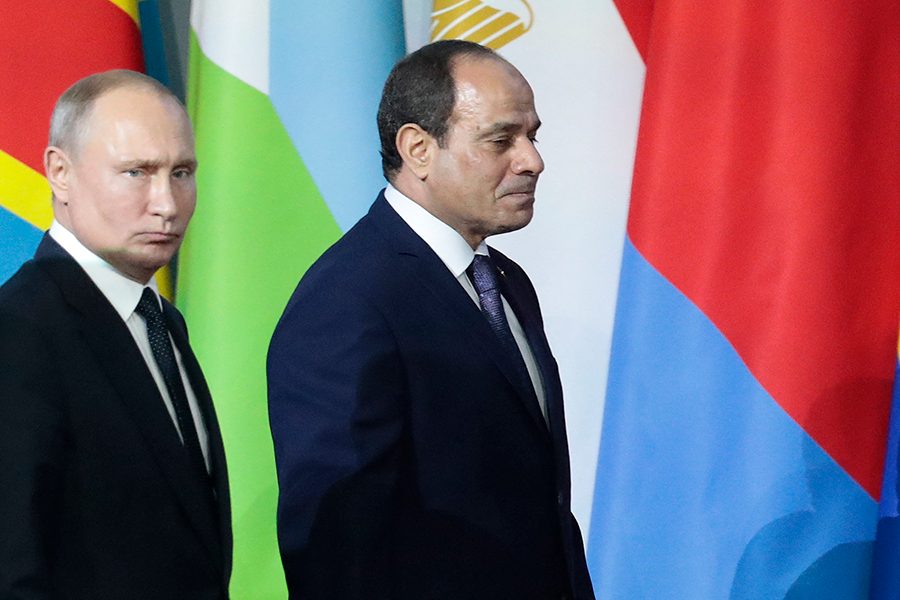
Testimony
Russia’s Strategic Objectives and Influences in Africa
Russia’s irregular means of gaining influence in Africa are destabilizing for the continent and disenfranchising for African citizens.
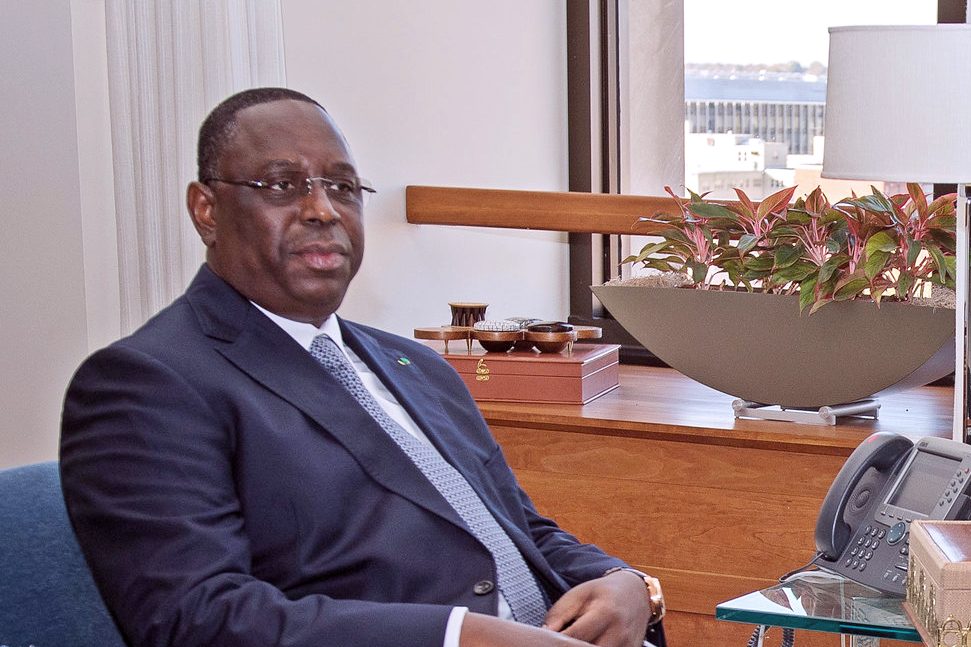
Expert Publication
African Union Leader Meets with Putin
At the invitation of President Vladimir Putin, the chairman of the African Union, Senegal's President Macky Sall, headed to Russia on Friday for talks about the impact of the war in Ukraine on African countries. Both Russia and Ukraine are major exporters of grain to the continent, accounting for over 40% of wheat imports to African countries in recent years, according to the UN. Host Marco Werman spoke with Joseph Siegle, director of research at the Africa Center for Strategic Studies.
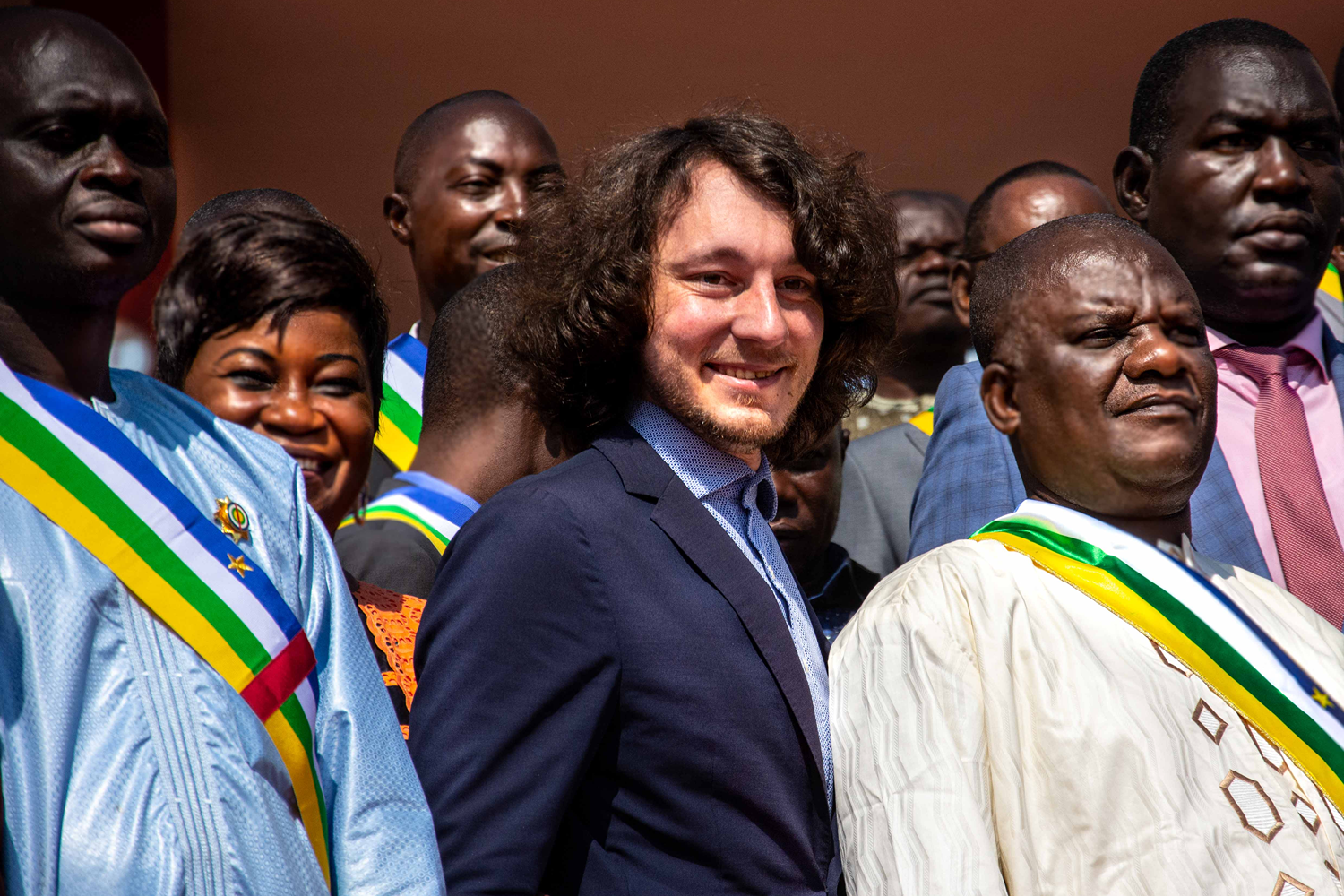
Expert Publication
Putin’s World Order Would Be Devastating for Africa
As Africans grapple with the more present and disastrous aftershocks of Russia’s invasion of Ukraine, it is important to recognize the threat this form of authoritarian expansion will have on the continent if it is normalized.
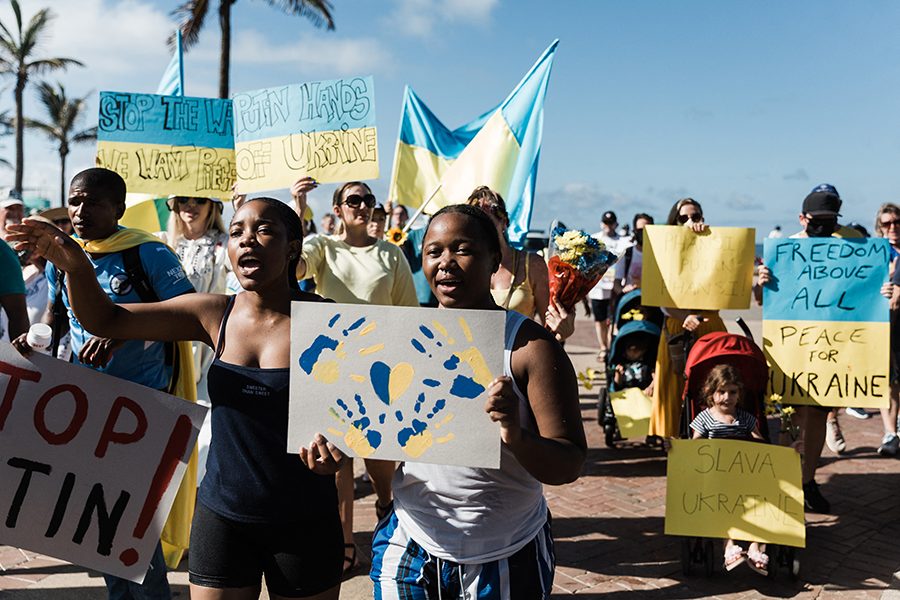
Spotlight
Russia and the Future International Order in Africa
The application of a Russian-shaped international order in Africa would have destabilizing repercussions for the continent.
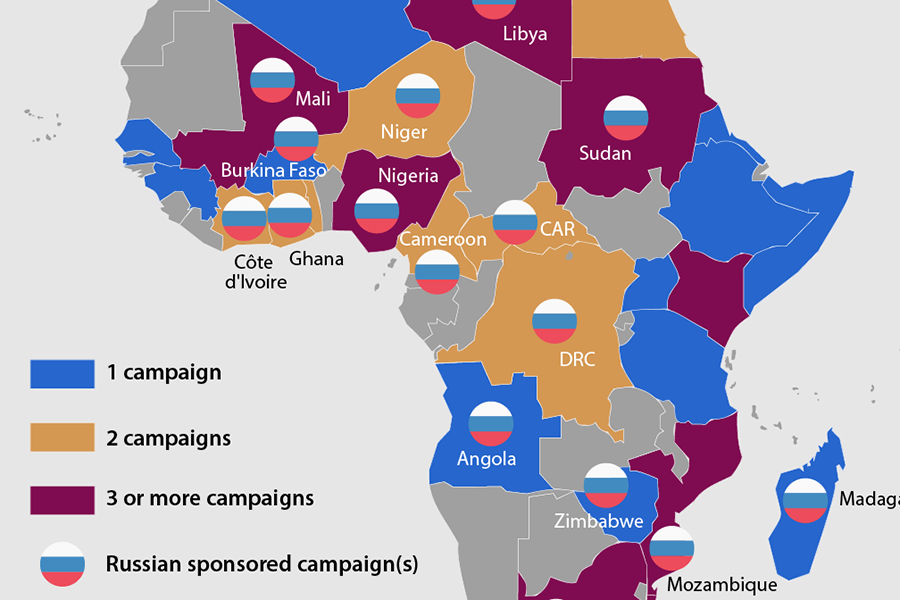
Infographic
Mapping Disinformation in Africa
Russia has pioneered a model of disinformation to gain political influence in Africa that is now being replicated by other actors across the continent.
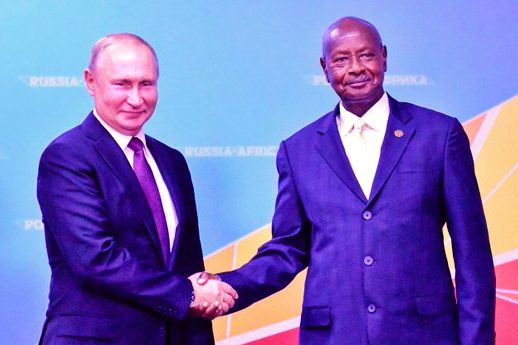
Expert Publication
How Russia is Pursuing State Capture in Africa
The pushback in African states against state capture is simultaneously a push for better governance. Putin’s vision for Africa, in contrast, is a return to big man rule – where the big man is in Moscow.
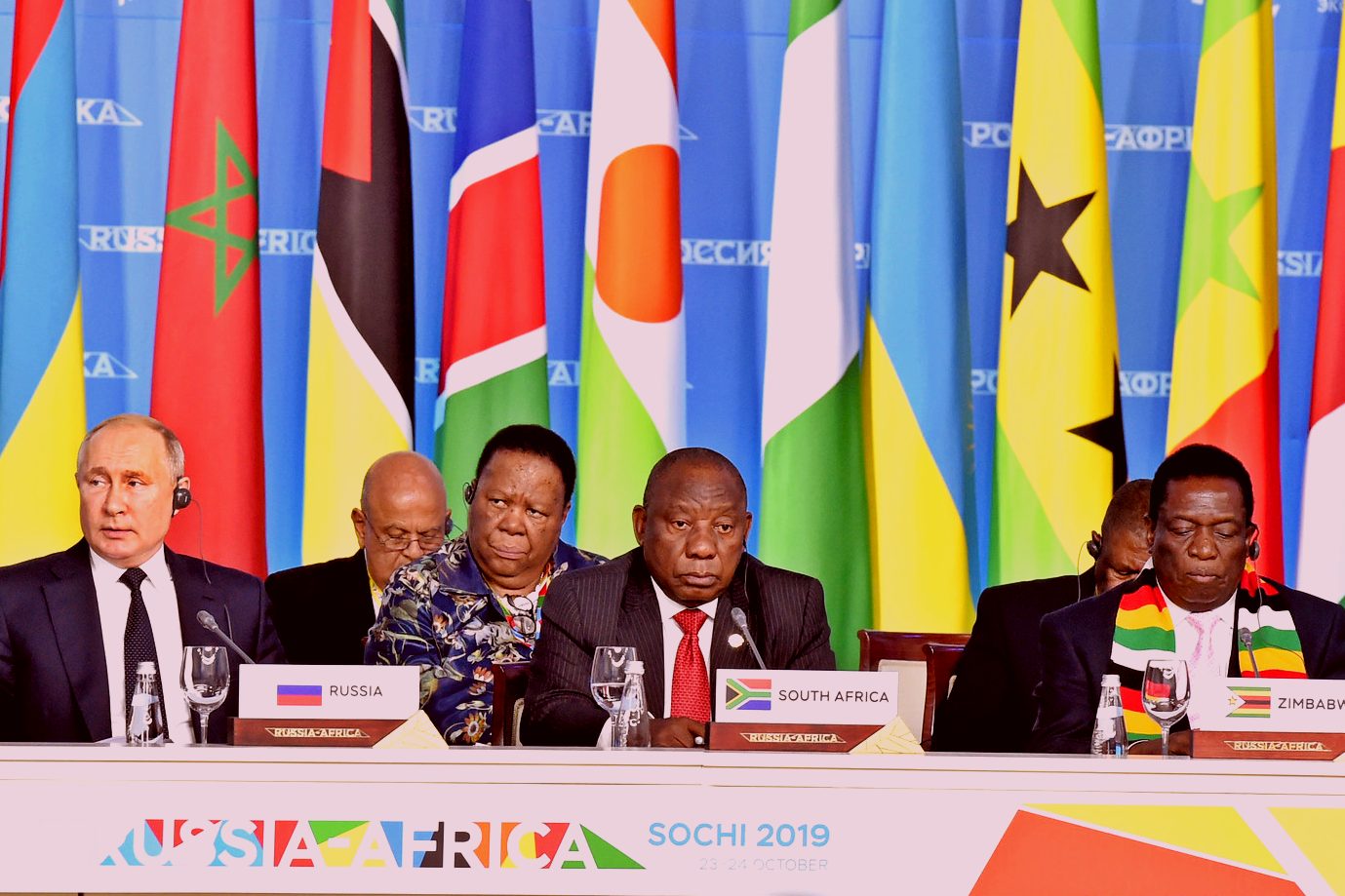
Spotlight
Strategic Implications for Africa from Russia’s Invasion in Ukraine
The invasion of Ukraine is a wake-up call to the implications of Russia’s attempts to export its governance model to Africa—with sobering consequences for African sovereignty and stability.
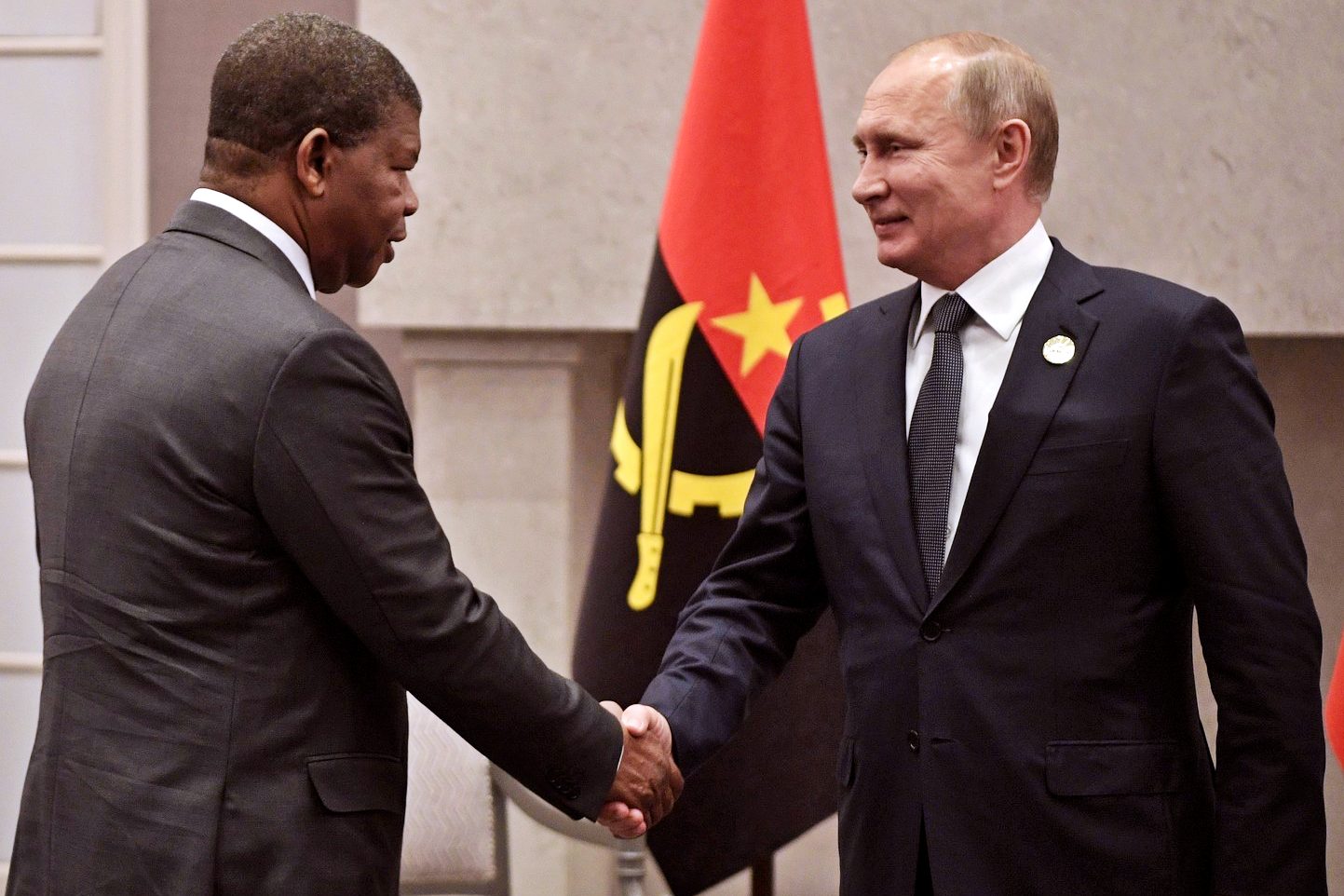
Expert Publication
The Future of Russia-Africa Relations
To understand Russia’s engagements in Africa, it is necessary to be clear that the “partnerships” that Russia seeks are not state- but elite-based.

Spotlight
Africa’s Coups and the Role of External Actors
The recent rise in coups in Africa reflects a waning regional and international willingness to enforce anti-coup norms. Reversing the trend requires incentivizing democracy and consistently imposing real costs on coup makers.
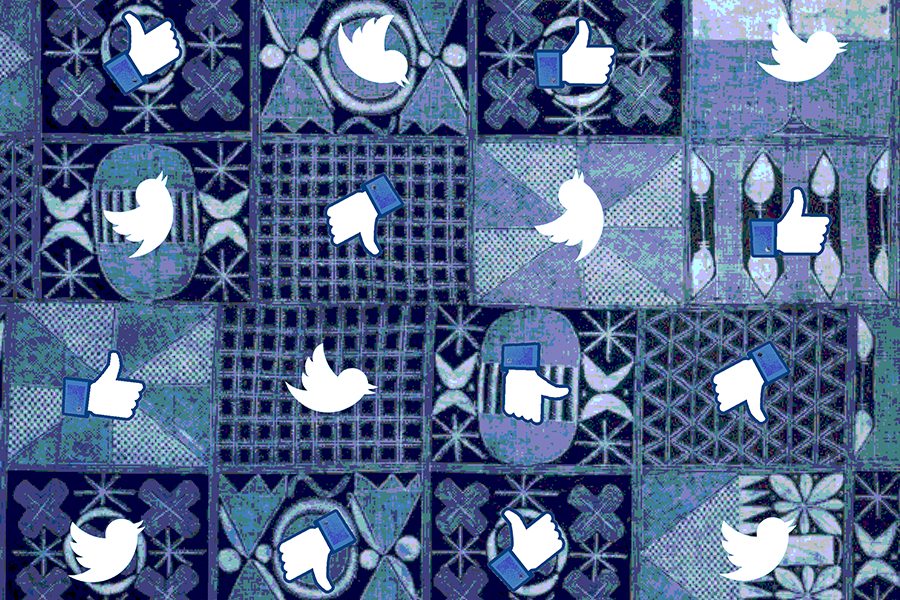
Spotlight
Domestic Disinformation on the Rise in Africa
A growing trend of domestic political actors deploying targeted disinformation schemes requires expanded fact-checking capacity in Africa and collaboration with social media organizations.
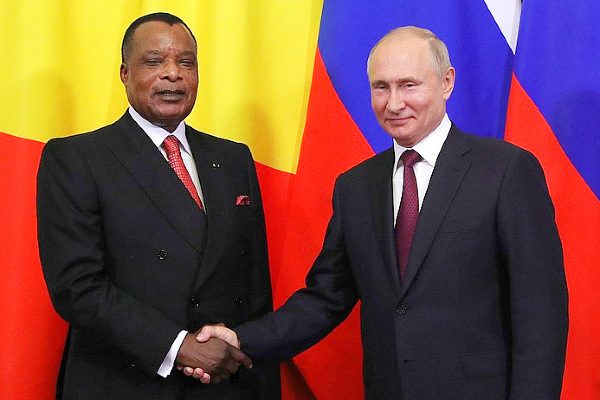
Spotlight
Russia in Africa: Undermining Democracy through Elite Capture
Russia’s strategic objective of degrading the model of democratic governance in Africa is frequently effected through the cooption of isolated African leaders.
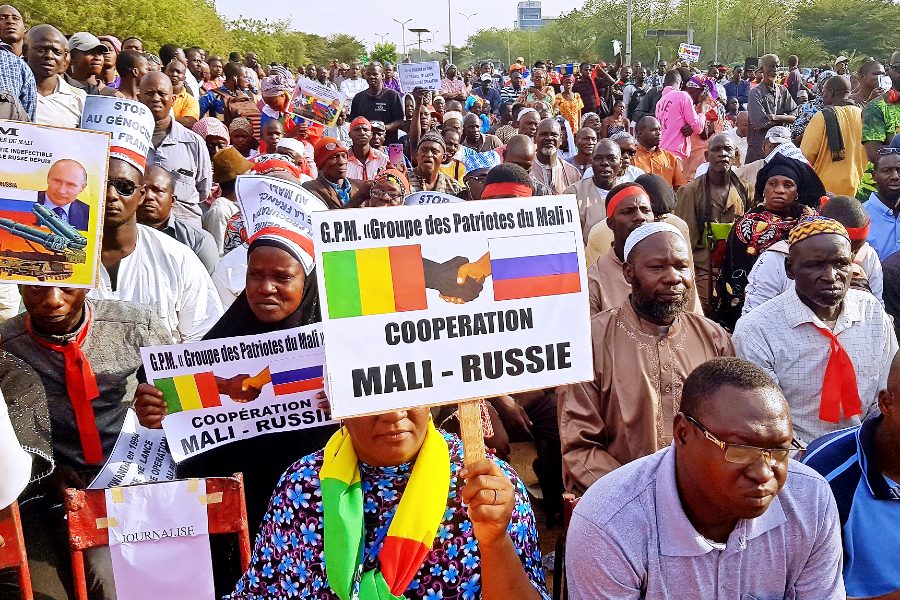
Spotlight
Russia’s Wagner Play Undermines the Transition in Mali
The prospective deployment of Russia’s Wagner mercenaries should not be confused with addressing Mali’s security situation but is a means of expanding Russian influence while propping up the military junta.
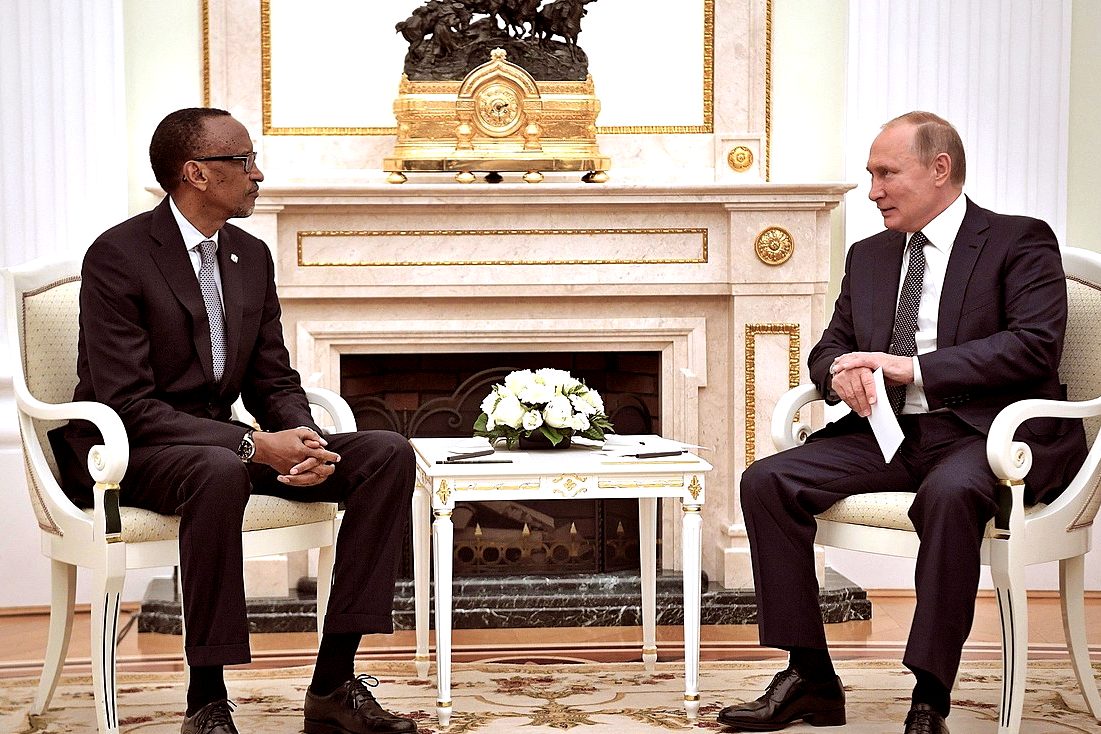
Expert Publication
Russia’s Asymmetric Strategy for Expanding Influence in Africa
While projecting the image of a Great Power, Russia relies on asymmetric tactics to gain influence and pursue its strategic objectives in Africa.
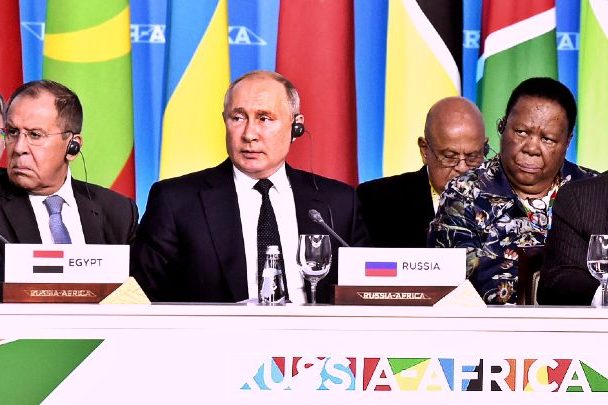
Expert Publication
Russia’s Strategic Goals in Africa
While Russia’s engagements in Africa are often viewed as opportunistic, in the space of a few years Moscow has been able to gain a foothold in the southern Mediterranean, become a powerbroker in geographically strategic countries, and undermine democratic norms on the continent.
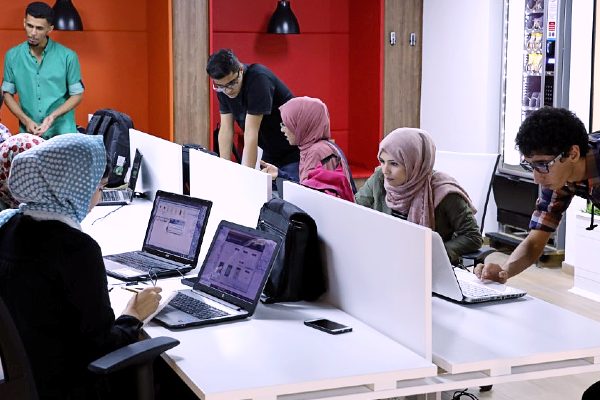
Spotlight
A Light in Libya’s Fog of Disinformation
Divisions within Libya’s civil war have been amplified by foreign-sponsored disinformation campaigns. Reconciliation and peacebuilding will require local actors to reclaim Libya’s digital spaces.
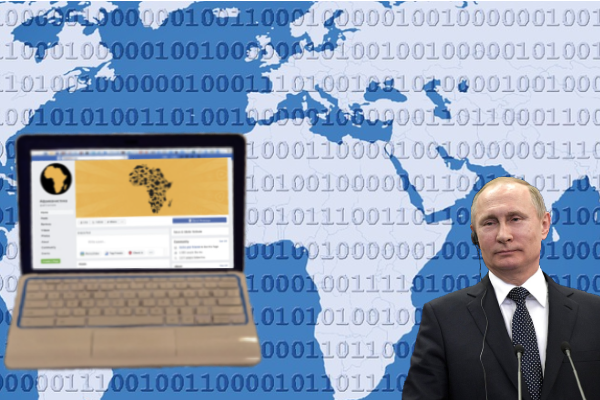
Spotlight
Russian Disinformation Campaigns Target Africa:
An Interview with Dr. Shelby Grossman
The growing sophistication of Russia’s disinformation campaigns in Africa demand greater vigilance from tech companies, internet watchdog groups, and governments.
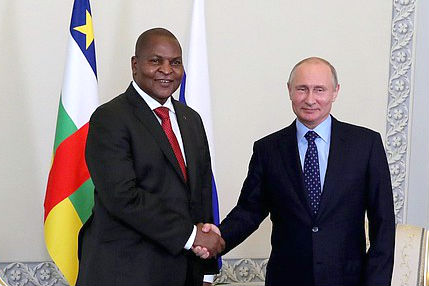
Expert Publication
Recommended US Response to Russian Activities in Africa
Russia has significantly expanded its engagements in Africa in recent years. These engagements often take the form of propping up embattled and isolated autocratic leaders of countries that are rich in natural resources. The United States can draw a distinction with Russia’s destabilizing role by pursuing a positive engagement strategy in Africa. The United States must avoid the Cold War trap of competing with Russia for the affections of corrupt, autocratic leaders in Africa, however, as such a policy would be disastrous for Africa while not advancing US interests.
